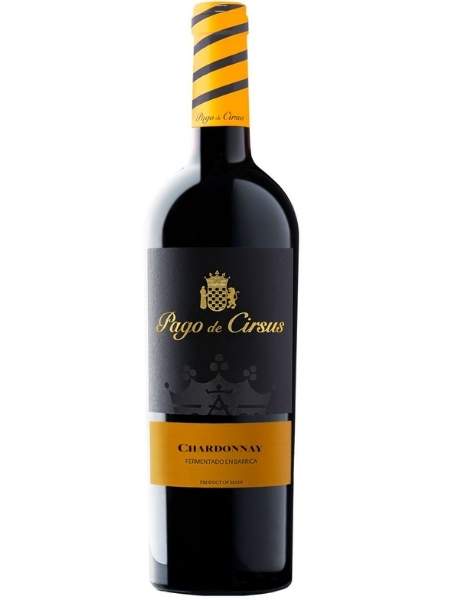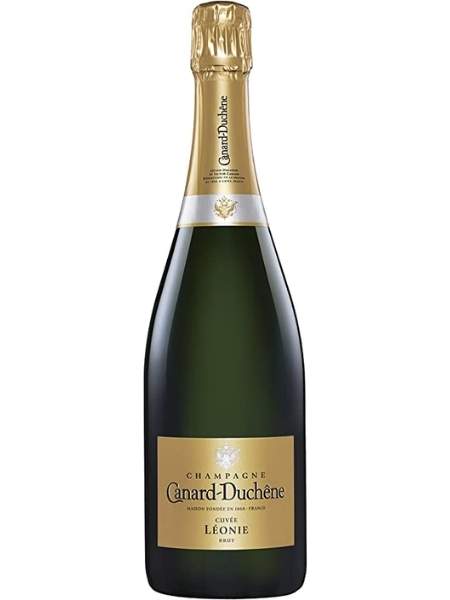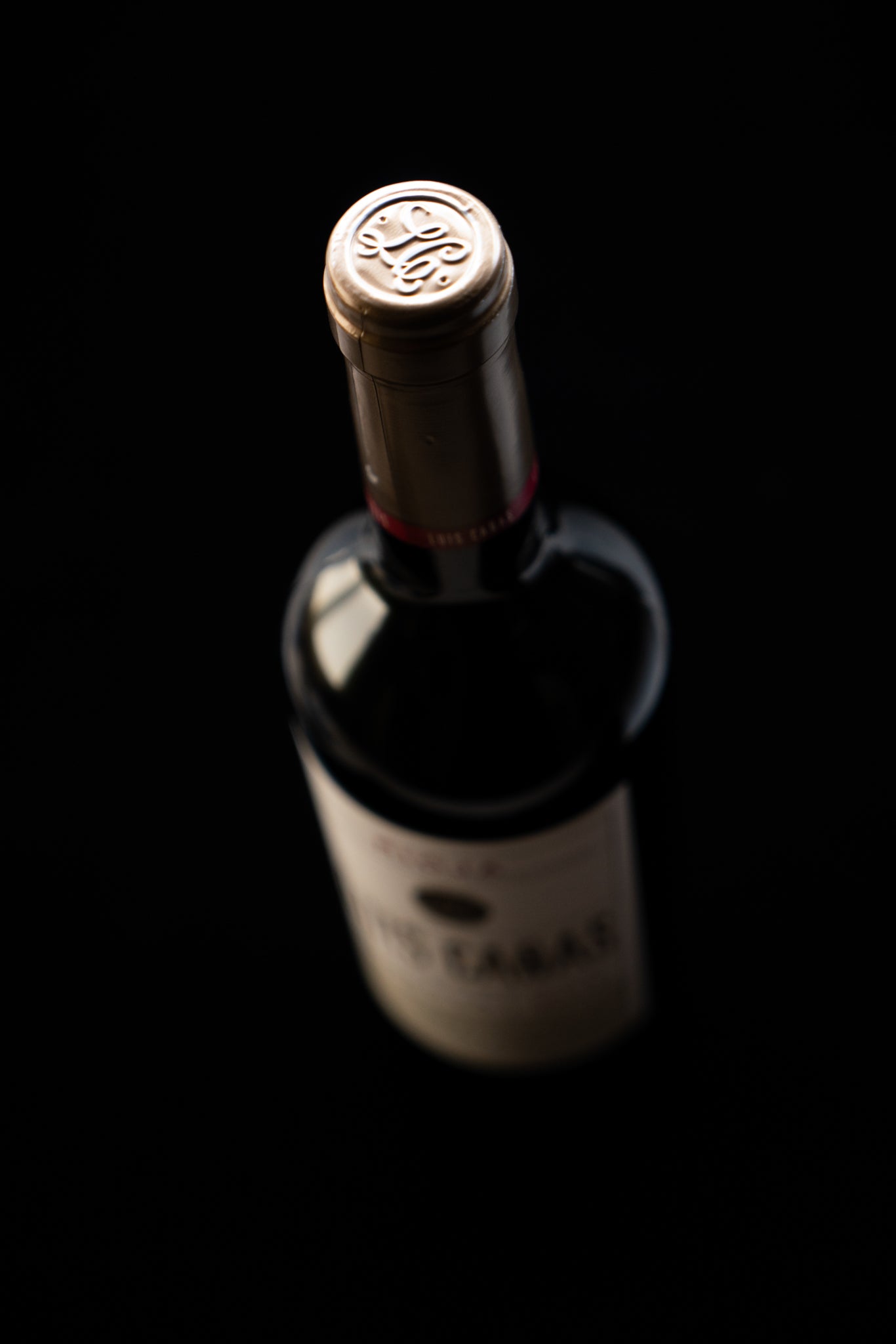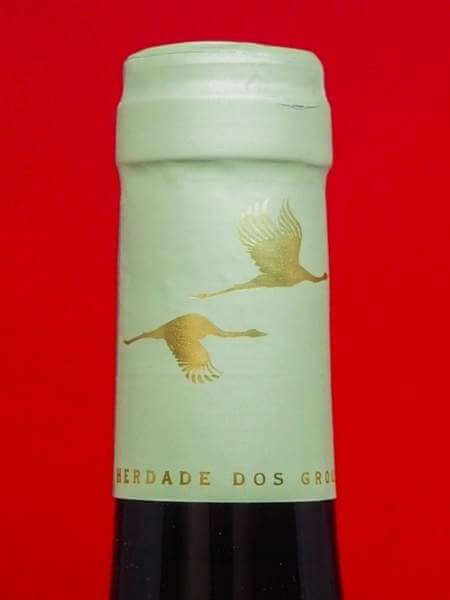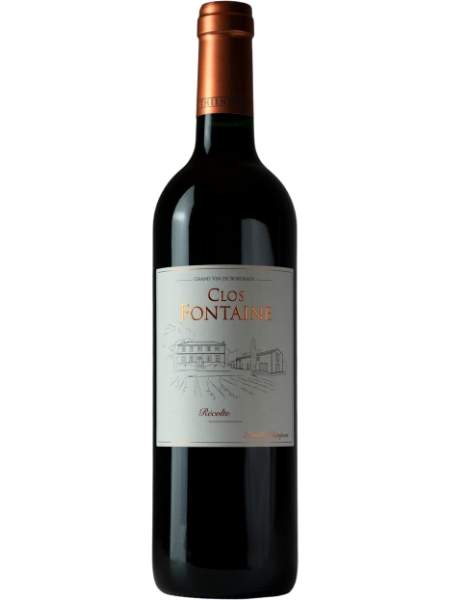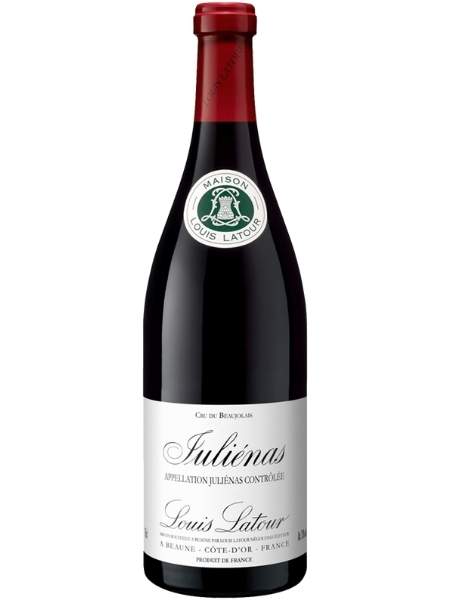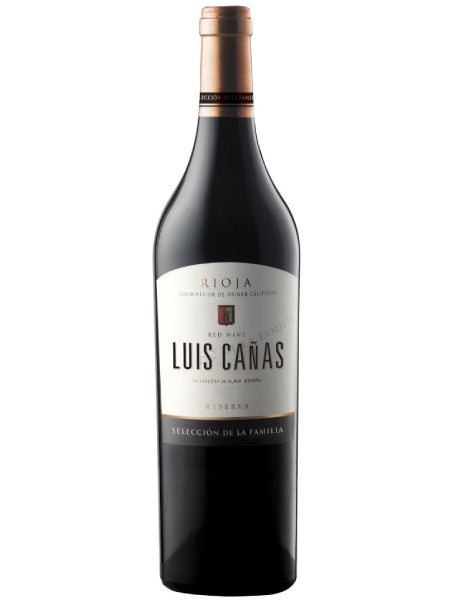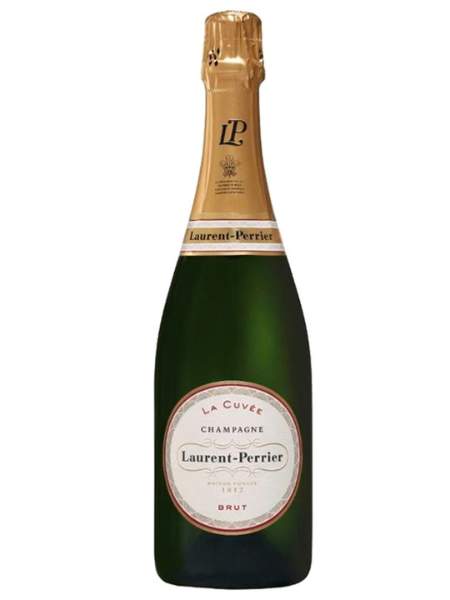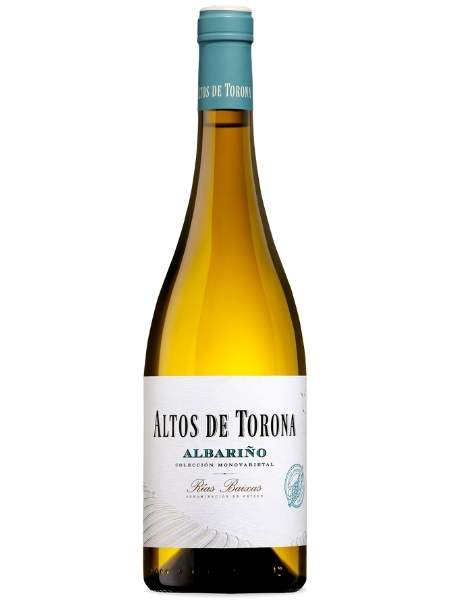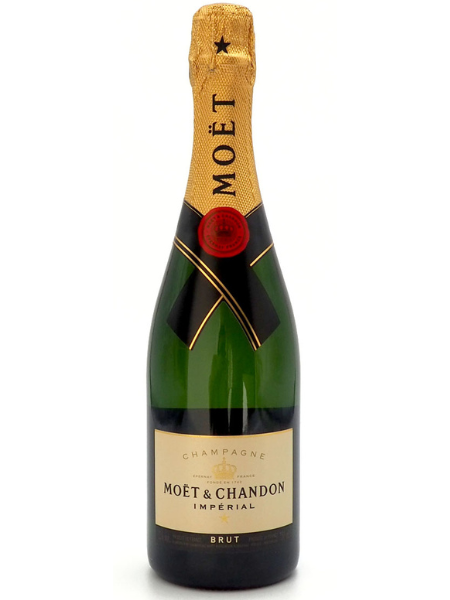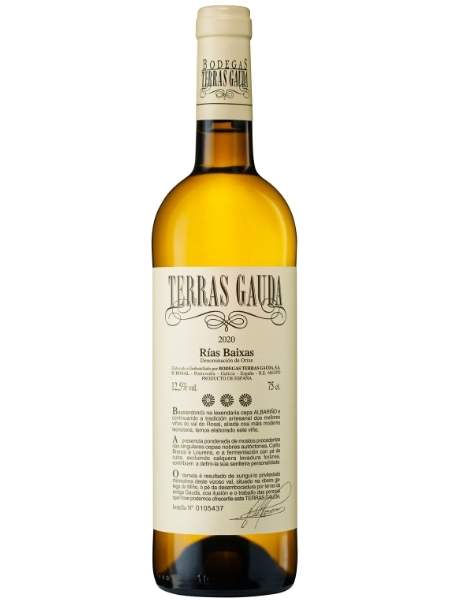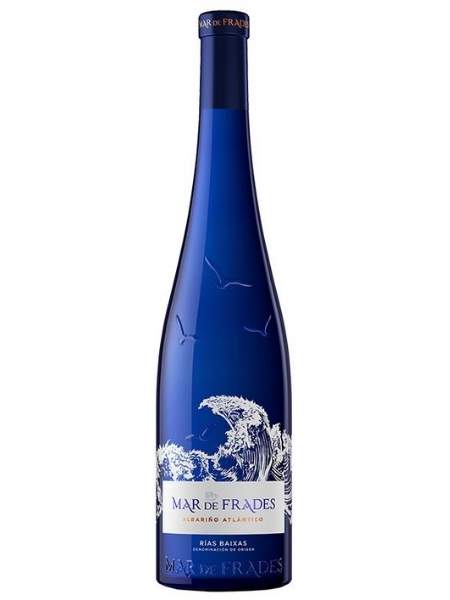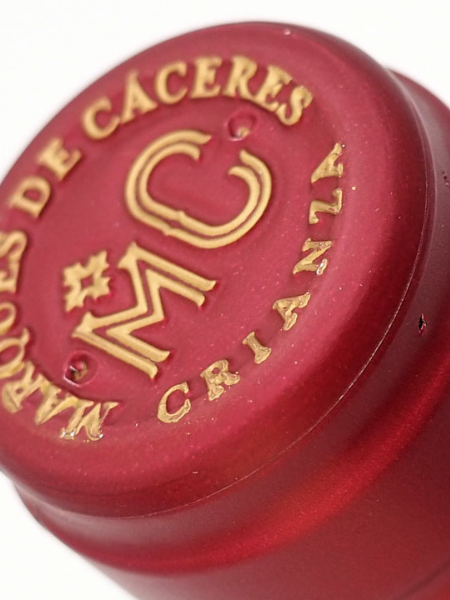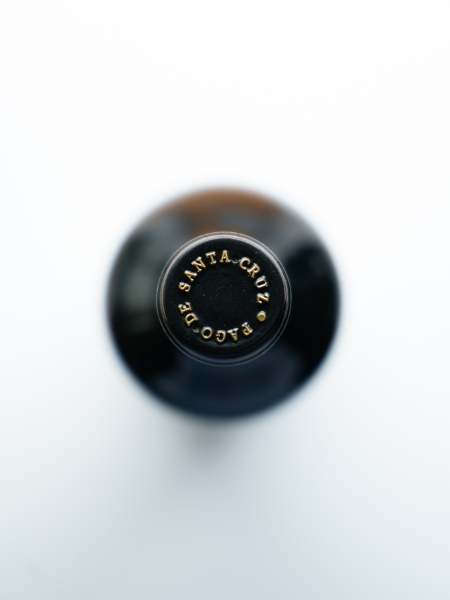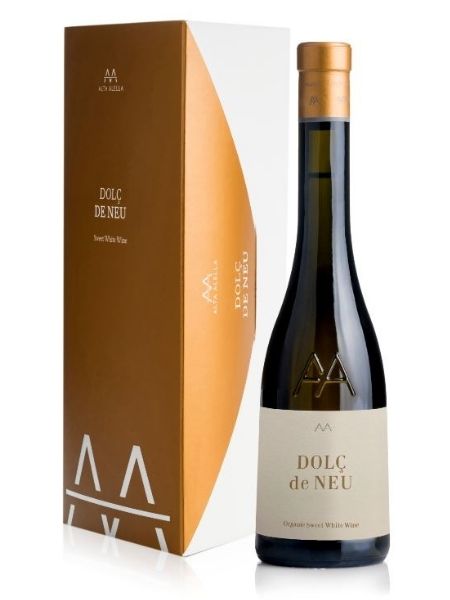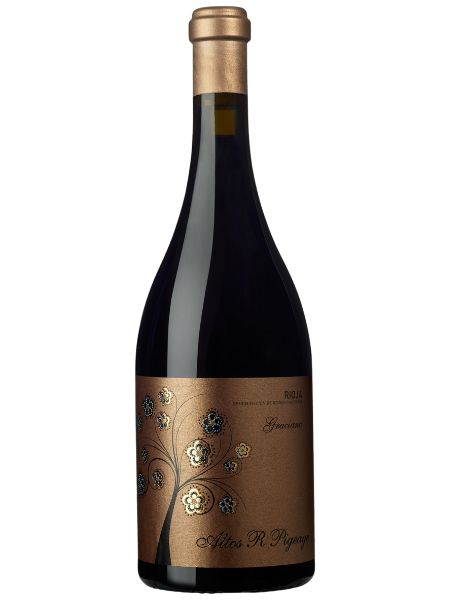
Does High Quality Rosé Wine Improve with Age?

Rosé wine has long been celebrated for its refreshing qualities and its ability to capture the essence of summer in a bottle. But a lingering question among wine enthusiasts is whether high-quality rosé wines improve with age. While many assume that rosé is best enjoyed young, there are certain types that can develop intriguing complexities over time.
Understanding Which Rosé Wines Age Well
Look for Rosé Blends with Aging Potential
Not all rosé wines are created equal when it comes to aging potential. According to Dimitris Skouras, the esteemed winemaker of Domaine Skouras in Argos, Greece, “We know that Syrah and Bordeaux blends tend to age very well.” Years of winemaking have demonstrated that specific grape varieties are particularly suited to aging, and this principle can extend to rosé wines as well.
Skouras’ popular Peplo rosé is an excellent example, made with equal parts Syrah along with two indigenous Greek varieties, Agiorgitiko and Mavrofilero. By blending grapes known for their longevity, winemakers can craft rosé wines that are capable of maturing gracefully over time.
Key Varieties to Look For
When selecting a rosé wine with aging potential, it’s important to consider the grape varieties used. Rosé wines made with high percentages of long-lasting red varieties like Syrah, Mourvedre, or Baga are more likely to age well. These grapes are known for their robust structures and have a track record of developing complexity with age.
Furthermore, the region where the grapes are grown plays a significant role. Grapes cultivated in areas renowned for their high-quality production, such as Provence in France or the Douro Valley in Portugal, tend to produce rosé wines with greater aging potential.
The Production Process Matters
Even with the right grape varieties and regions, the production process can greatly influence a rosé wine’s aging capacity. Some producers may vinify their rosé wines for immediate consumption, using additives to stabilise and preserve the wine for a quick release to the market. While these wines may be delightful when young, they lack the structural components needed for long-term aging.
Conversely, winemakers who focus on quality over speed, employing traditional methods and minimal intervention, are more likely to produce rosé wines that improve with age. It’s worth seeking out producers with a reputation for meticulous craftsmanship to find rosé wines designed to stand the test of time.
Conclusion
While the majority of rosé wines are crafted for immediate enjoyment, there are select high-quality options that can age beautifully, developing rich and complex flavours over time. By choosing rosé wines made with grape varieties known for their aging potential, such as Syrah and Mourvedre, and produced by reputable winemakers, you can discover rosé wines that defy the norm.
Ready to explore the world of aged rosé? Browse our collection of high-quality rosé wines and find your next favourite bottle. Whether you're seeking the best rosé wine for a special occasion or simply expanding your palate, we have a selection that will delight any wine enthusiast.






